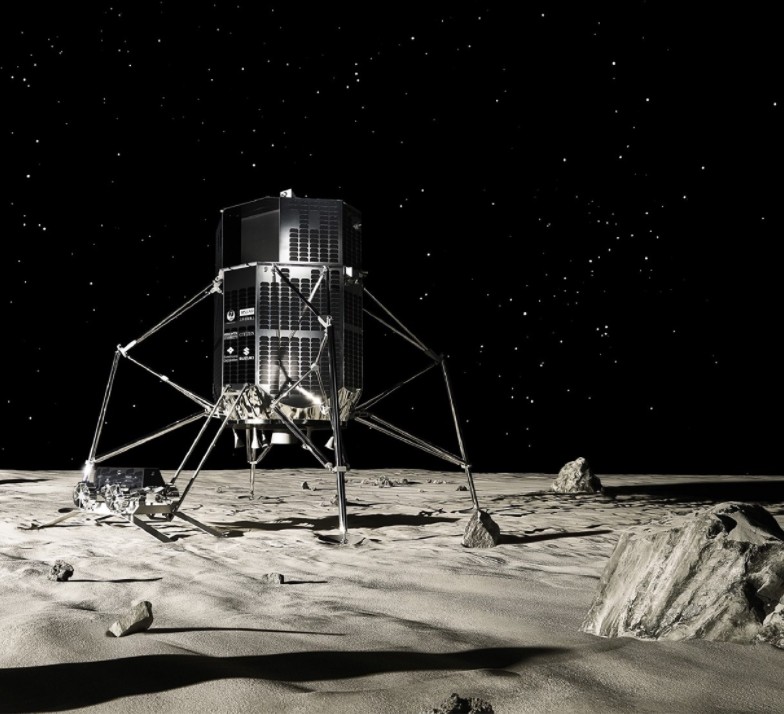

Court of Federal Claims rejected a lawsuit filed by Blue Origin, the space company founded by billionaire Jeff Bezos, that challenged NASA’s award of the Human Landing System contract to SpaceX. The Human Landing System is the final core element to be developed for NASA’s Artemis program, which aims to return astronauts to the surface of the moon. The decision apparently ends a six-month delay in the start of NASA’s contract with SpaceX for a human-rated moon landing vehicle based on the company’s Starship mega-rocket. Credit: SpaceXĪ federal judge on Thursday dismissed a lawsuit filed by Blue Origin over NASA’s award of a $2.9 billion lunar lander contract to SpaceX, clearing the way for the agency to move forward in a partnership with Elon Musk’s space company on a craft to transport astronauts to the surface of the moon.
#Judge releases against nasaspacex lunar lander full#
In a tweet, Bezos said: "Not the decision we wanted, but we respect the court’s judgment, and wish full success for NASA and SpaceX on the contract.A Starship prototype descends toward SpaceX’s test site in South Texas for a landing attempt in March 2021. We look forward to hearing from NASA on next steps in the HLS procurement process. We are also under contract with NASA to develop in-situ resource utilization technology, lunar space robotics, and lunar landing sensor collaboration including testing on New Shepard. We are fully engaged with NASA to mature sustainable lander designs, conduct a wide variety of technology risk reductions, and provide Commercial Lunar Payload Services. Blue Origin remains deeply committed to the success of the Artemis program, and we have a broad base of activity on multiple contracts with NASA to achieve the United States’ goal to return to the Moon to stay. Returning astronauts safely to the Moon through NASA’s public-private partnership model requires an unprejudiced procurement process alongside sound policy that incorporates redundant systems and promotes competition. Our lawsuit with the Court of Federal Claims highlighted the important safety issues with the Human Landing System procurement process that must still be addressed.

It's not clear if Blue Origin will challenge the outcome (we've asked about this), but we wouldn't be shocked if there was an appeal. The company was also keen to tout its continued involvement with the Artemis program, including development of lunar resource systems, robotics and sensors. and showed the need for an "unprejudiced" process that spurred competition and included backup systems. The case allegedly "highlighted the important safety issues" in HLS procurement. In a statement, Blue Origin portrayed the ruling as a partial victory. Blue Origin disagreed with the assessment and felt it made a good offer, but that still suggests NASA preferred SpaceX for its lower pricing instead of any unfair criteria. The agency believed Blue Origin was gambling with its initial $5.9 billion proposal on flawed assumptions that NASA would both haggle down the price and receive the funding needed to cover a more expensive bid. The outcome isn't surprising given NASA's own skepticism. The firm even tried drastically undercutting SpaceX with a $2 billion bid, arguing at the time that NASA has historically awarded contracts to multiple partners to make sure a mission launches on time. Blue Origin previously challenged the contract through the Government Accountability Office only to be rejected in July, leading Jeff Bezos' outfit to respond with a lawsuit.


 0 kommentar(er)
0 kommentar(er)
